Our Verdict
A memorable core cast, often hilarious side quests, and a gripping main narrative make Kingdom Come: Deliverance 2 a must-play medieval RPG, despite its late-game progression woes and rough edges.
The first Kingdom Come: Deliverance sold itself as a historically grounded medieval RPG and earned praise and criticism for its obtuse, sim-like mechanics and methodical pacing. It was a scuffed gem many skipped over, especially given its poor technical state at launch. However, its renown has only grown over time thanks to its wonderful cast of characters, their camaraderie, and the often ridiculous scenarios they find themselves in, from bar brawls to psychedelic trips with wannabe witches, that juxtapose a bleak but well-told tale of war and revenge.
There were no actual witches, and that remains true of the sequel, Kingdom Come: Deliverance 2, which I’ve spent nearly 100 hours with. Rather than dragons and magic spells, you’re up against marauding armies, cruel social constructs, and the rigid politics of 15th-century Bohemia in a sprawling open-world RPG quite unlike anything besides its direct predecessor.
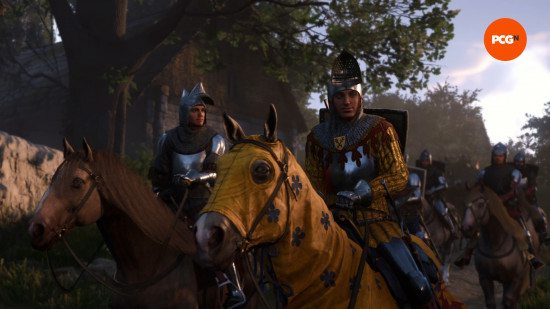
Don’t fret if you didn’t play the first. While those familiar with peasant-turned-bodyguard Henry of Skalitz and his nobleman lord Sir Hans Capon will undoubtedly get more out of their follow-up adventures, newcomers will still enjoy the game’s dense yet twisty tale. The sequel quickly runs through the key events of the first game, and it essentially puts Henry back to square one, leaving him stranded in a new region with nothing but the tattered clothes on his back. Thankfully, he still knows how to read.
The first third is spent learning or re-learning Kingdom Come’s sim-like mechanics. You must sharpen your sword periodically, eat – but not too much – and sleep lest you suffer stat penalties. Don’t forget to visit the bathhouse to wash grime off your clothes, or else nobles and peasants alike will insult you on the street. You should also endeavor to learn the ways of blacksmithing and alchemy, which will help you improve your arsenal and curatives, and make you a more convincing conversationalist. The result is a slower-paced and more methodical RPG experience that favors thoughtful decision-making.
I admittedly felt some growing pains re-learning these sim elements at first, but once I got used to them and their respective mini-games and mechanics, 30 hours flew by as I adventured through the lush green forests and rolling fields of what’s now known as the Czech Republic.
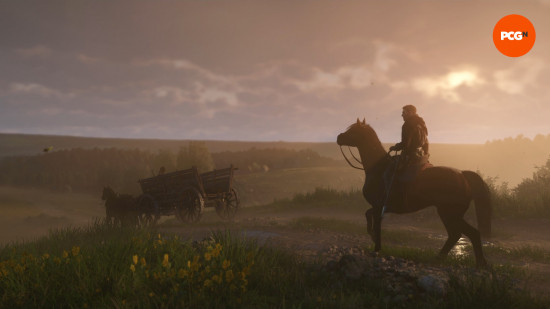
Continuing what made the first game great, the storytelling and character writing here are memorable and easy to lose yourself in. While the A-plot is a grim tale of war and court intrigue, it’s nicely balanced with what can at times feel like an endless number of amusing side scenarios.
They’ll often appear mundane at first. Castle cooks might want you to sprinkle holy water around fireplaces to ward off demons. Somehow, this ends in a fistfight with the castle blacksmith. A simple quest to hunt a pack of wolves takes a charming turn as you fight to keep a carrot-loving sheep named Ignatius alive. At one point a village priest implores you to find and destroy ‘dragon bones’ (an exposed dinosaur fossil) for fear of this discovery sending the locals into a panic.
For every quest completed, three more always seem to pop up, yet despite their abundance, they’re all memorable tales that feel of a piece with the broader game.
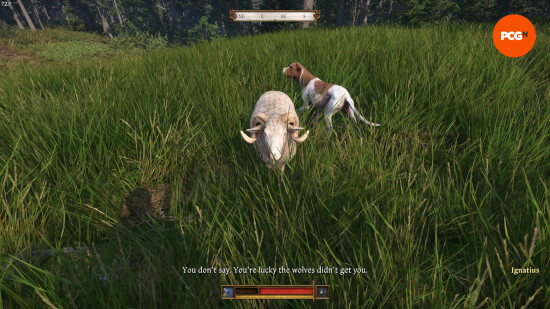
While the lengthy main story had me in suspense as foes turned to allies, surprise attacks upended plans, and the gang stormed fortified castles, pulled off heists, and endured sieges, I couldn’t help but complete every available side quest before advancing the narrative.
That said, some inconsistent voice acting occasionally breaks the thrall. The main cast delivers the expected gravitas and emotion, leaving side characters sounding flat by comparison. I had a hard time not skipping certain dialogues as a result. Bland facial animations and stiff movements don’t help and contrast sharply with the gorgeously rendered environments.
Periodic visual bugs and a couple of broken side quests never stopped me from getting into tavern brawls or visiting bathhouses for some off-screen debauchery, but they were immersion-breaking enough to remind me to do the laundry and stretch my legs.
The jank is most apparent in the last six or so main story quests, where missing cutscenes, voice lines, and incorrect text in the quest journal lead to some confusion. I also had trouble maintaining a consistent framerate at times, especially around light sources like torches. All in all, though, it’s remarkably more polished than the original.
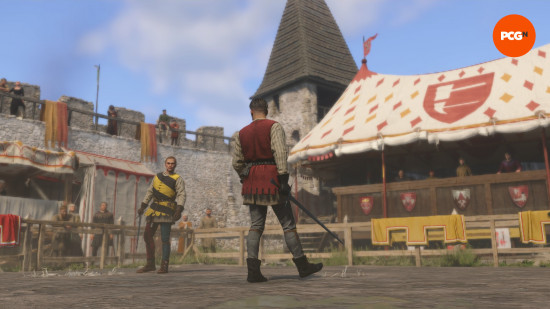
At around the 30-hour mark, Henry’s initial quest reaches a satisfying conclusion. From there, he gains new allies and travels to an even bigger region with fresh side adventures, daring rescues, and political twists galore. Everything before this point ends up feeling like a mere prologue – or maybe an epilogue to the original game – and I couldn’t have been happier to spend another 60 hours with this cast and my new, less-than-savory friends.
Through all this adventuring, Henry remains a commoner doing his very best – a son of a blacksmith embroiled in the schemes of nobles and kings. He’s often alienated as he sneaks peeks into all levels of Bohemian society, from working as a miller’s hand to serving wine for royalty. Early on, the reputation system hammers this home.
In the early hours, villagers were quick to dismiss me. Once I started dressing like them and showing an interest, more quests opened up and traders sold better armor and weapons at cheaper prices, feeding into a reputation-based progression system. Before long, my Henry went from a beggar to a trusted man-at-arms and eventually a respected leader of men.
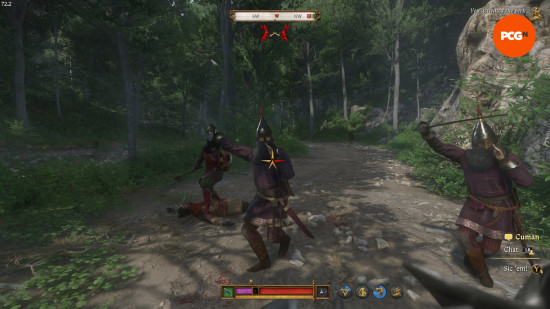
The combat also reflects this growth. Wielding a handful of different weapons, from short swords to maces, I grew to anticipate my opponent’s direction of attack based on the position of their weapon arm. I would parry, riposte, and combo them into submission. At first, I was at the mercy of destitute bandits, and thus each bout was a messy fight of life or death – especially when facing multiple foes. Before I knew it, I was squaring up to small bands of heavily armored soldiers.
However, the game’s progression frays at the edges the more your skills grow, meaning that if you take your time doing most of the side quests, Henry becomes a one-man army, master surgeon, and an invisible thief in full plate armor with a silver tongue no one can resist. It’s a bit too easy to accidentally over-level.
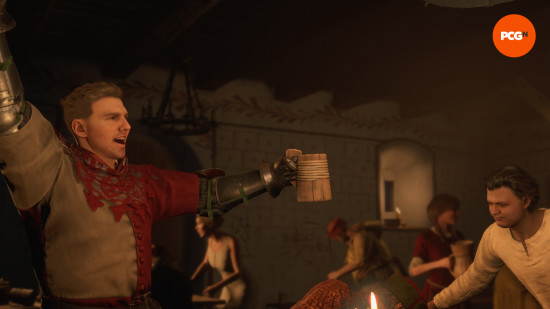
This was most apparent in a climatic one-on-one duel, a culmination of many story threads carried over from the first game and dozens of hours invested in the second. I simply countered my opponent three times and the battle was over in less than 30 seconds. Elsewhere, entire armed garrisons fell before me. I feared no dialogue skill check as I swayed nobles to my side, maidens to my bed, and even guards to leave me alone despite fresh blood staining my waffenrock.
Yet Kingdom Come: Deliverance 2 still succeeds in engrossing you in 15th-century Bohemia with grounded, immersive mechanics. My recommendation would be to pace yourself and avoid playing every single side quest before you’ve conquered the main quest if you can help it.
In the end, the nearly 100 hours I spent in the well-traveled boots of Henry of Skalitz were held together by a memorable core cast, humorous and intriguing side quests by the dozens, and a gripping narrative that kept me invested until the climatic and satisfying conclusion.
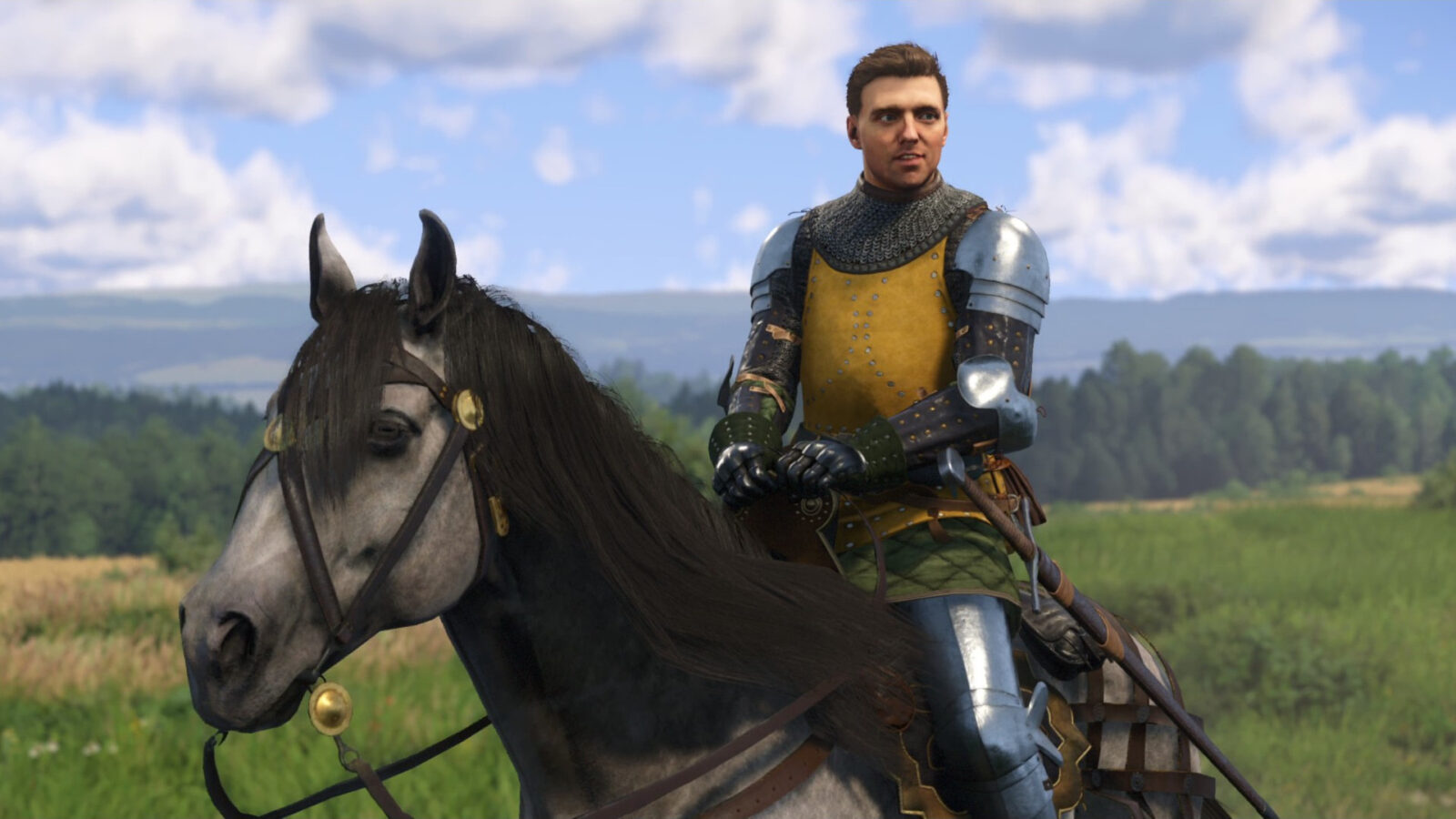
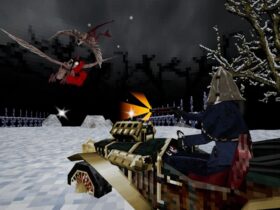



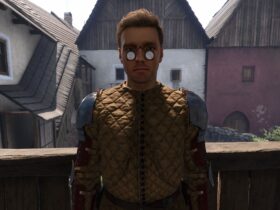

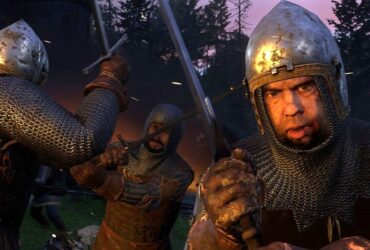

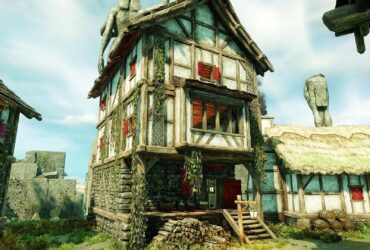

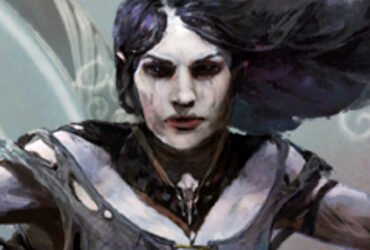
Leave a Reply